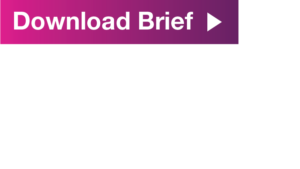A Neurodivergent Student’s Guide
As a neurodivergent learner, your success at university or college starts with knowing the tips and tricks to help you succeed. In this guide, we look at what neurodivergent students might expect as they transition into post-secondary education and provide tips to help set them up for success.
How can you find out what accommodations your school offers? Will you need to disclose your diagnosis to receive support? Is there help available for managing assignments, due dates, and course loads?
Read the summary for all the tips.


Key insights
Find out about your school’s accessibility services
Accessibility services are there for students who need
them. They include help with adjusting to your environment, accommodations, and access to additional supports like mental health services, mentorship programs, tutoring, and assistive technology. Check out accessibility services before you start so you know what support is available when you need it.
Prepare for new communication expectations
You will be expected to communicate effectively with many different teaching faculty, administrative staff, and peers. However, many neurodivergent students we spoke with found communication at college and university challenging because the expectations for student communication are higher than expectations in high school.
Be informed about the disclosure process
Disclosure means informing your school about a
diagnosis (like a learning disability, autism, ADHD, or
mental health issue) that affects learning. If you think
you would benefit from accommodations, you’ll need to
decide whether you want to disclose your diagnosis. To
receive accommodations, you’ll need to disclose and
register with accessibility services by providing recent,
formal documentation (usually within the past five years).




